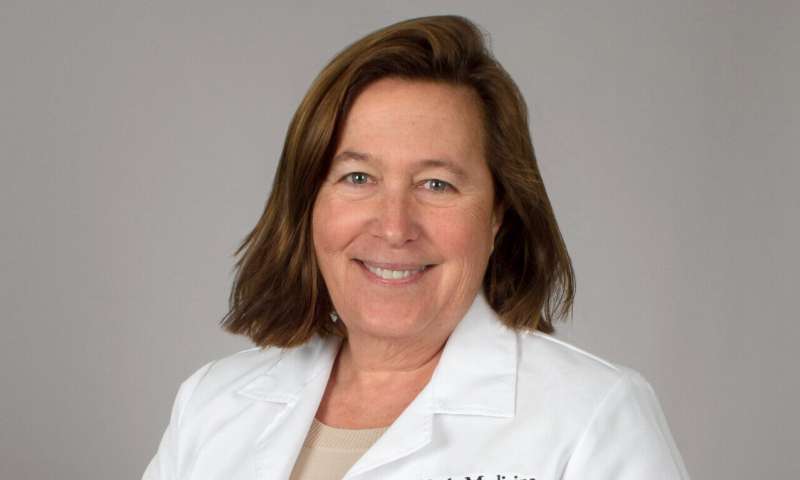
Better access to on-demand transportation could help older adults miss fewer medical appointments as well as reduce their social isolation to improve their overall health, suggests a new study published in the Journal of mHealth by researchers at the USC Center for Body Computing (USC CBC) at the Keck School of Medicine of USC.
USC CBC researchers provided free and unlimited Lyft rides for three months to 150 older patients with chronic disease to see if better access to transportation could improve their access to medical centers and reduce their social isolation. The researchers also wanted to know its overall impact on their health.
Ninety-three percent of patients used the Lyft rides to access medical care and a significant number learned to use smartphone apps and a telephone concierge service to do so. While visiting their doctors counted for a third of all rides (31%), the seniors used the remaining rides to get to fitness, social and leisure activities, and reported that this improved their perceived quality-of-daily-life (92%).
“Access to transportation is more than getting from point A to point B; it encompasses multiple human facets of life,” says Leslie Saxon, MD, executive director of the USC Center for Body Computing and principal investigator of the study. “This research underscores how ride-sharing platforms can provide a significant benefit to the well-being of older adults, empowering them to become active participants in their own care as well as in other areas of their lives.”
The researchers concluded that while older adults can be willing, even enthusiastic novel technology adopters who are motivated to overcome barriers disrupting their own health, they needed education and support to be successful.
In the study, 150 English-speaking Keck Medicine of USC patients over the age of 60 (63% female and 54% Caucasian) with chronic diseases were screened for psychological factors and to ensure that access to transportation was a factor in missed appointments. The patients lived an average of 20 miles away from Keck Medical Center of USC and over 45% relied on others for transportation.
The patients were offered free rides to both medical and non-medical destinations for three months and received personalized training in summoning a ride from a ride-sharing app. They also had the option to schedule rides via the Lyft phone concierge platform. Each participant was assigned a wrist-worn daily activity tracker.
The majority of older adults reported that cost was the primary barrier preventing them from continuing to use the ride shares after the study concluded, as the average cost of a month of unlimited rides in Los Angeles is $500. “Because study participants expressed challenges with the costs associated with ride-sharing, our next steps will be to compare the long-term costs of using these apps for health care needs versus the opportunity costs of inconsistent access to transportation,” Saxon says. “Our findings on the benefits to seniors could incentivize similar programs on a larger scale by cities and insurance companies.”
The study was supported by a $1 million grant from the AARP Foundation as part of a broader collaboration with United Healthcare to address the needs of seniors. Lyft provided the rides and transportation data as well as the app and telephone concierge platform.
Source: Read Full Article
